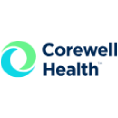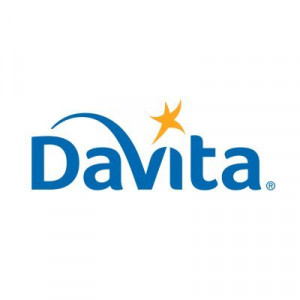Related Jobs

1st and 2nd Shifts Available
Registered Nurses (RNs), are you looking for premium pay with a flexible schedule? Our Premium Flex Plan provides premium pay, while working a limited number of shifts that fit with your...

Employment Type: Part time Shift: Day Shift Description: Trinity Health Grand Rapids Endoscopy Unit is a 12 bed unit that has 4 procedure rooms. Summary: The Registered Nurse facilitates relationship...

Employment Type: Full time Shift: 12 Hour Day Shift Description: Highlights: Fully remote after orientation Day 1 benefits, no waiting period! Comprehensive benefit packages available including medical,...

Employment Type: Full time Shift: Day Shift Description: Highlights: 1st Shift 8 am -5 pm, Monday – Friday, 1 out of 6 weekends, & 1 annual holiday Located at our East Paris Cardiology Pra...

Job Summary The Virtual Nurse is an experienced Registered Nurse (RN) and integrated care team member who leverages technology to collaborate with and support the needs of the bedside RN and the patient/family...

About the Department This Serious Illness Care Navigator will be focused on people with advanced heart failure navigating complex health journeys. This role is the compassionate bridge be working closely with the...

$10,000 Sign On Bonus
$10.00/hr Shift Pick Up Bonus
Are you a critical thinker, a skilled communicator and passionate about caring for seniors? Are you seeking career advancement? As a Registered Nurse...

330 E Beltline Ave NeSte 310, Grand Rapids, Michigan, 49506-1267, United States of America DaVita is seeking a Registered Nurse who is looking to give life in a hospital setting. You can make an exceptional difference...

** To help be successful in this role based on the community and population this primarily supports, it is strongly preferred that candidates will have a good understanding of the Hispanic community. Bilingual preferre...

At Mary Free Bed at Home, we’re looking to add to our extraordinary care team. Grounded by our belief that outstanding care is best delivered in a team-based environment, our home health registered nurses lead and colla...